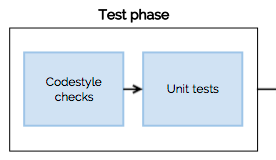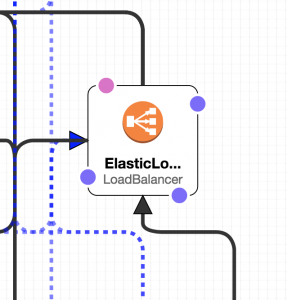Blog
Latest posts from our team. Stay up-to-day with news and new features, see if we can help with common problems and see how we solved our clients issues.
Deployment pipeline, part 1: test phase
September 30, 2016 by Paulina Budzoń
Welcome to the first part of my series on deployment pipelines. If you missed the intro, check out the video where I describe a typical pipeline here.

First step of a deployment pipeline, is usually a series of tests. After a commit is made, the code is checked out from the source code repository and tested. Those are usually code style tests and unit tests.
ELB ProxyProtocol with CloudFormation
September 26, 2016 by Paulina Budzoń

When using AWS Elastic Load Balancer with TCP listeners (not HTTP or HTTPS), the biggest problem faced by many people is the lack of client’s IP address. Since it’s TCP which works on a lower layer, the ELB does not add the X-Forwaded-For header (like it does for HTTP and HTTPS). For some time, this meant that if you used those listeners, you had no way of getting the original client’s IP address.
Typical CI deployment pipeline - overview
September 23, 2016 by Paulina Budzoń
More details on each deployment phase with examples, will be posted at our blog over the coming weeks, so check back soon.
How to validate CloudFormation template with AWS CLI
September 16, 2016 by Paulina Budzoń
Validating your template before uploading it to CloudFormation to create resources is probably the best thing you can do to avoid the dreaded UPDATE_ROLLBACK_IN_PROGRESS status.
This can easily be done without creating the stack, by using the validate-template AWS CLI command.
Using Troposphere to create CloudFormation stack template
September 9, 2016 by Paulina Budzoń
If you’ve ever wrote AWS CloudFormation template, you probably know that it can be a daunting task. Luckily, it can be much easier, if you use Python’s library “Troposphere”.
Troposphere lets you create Python objects in place of CloudFormation elements, does some basic validation of your input and generates the JSON template for CloudFormation for you. It is much easier and cleaner to use that writing JSON templates manually.



